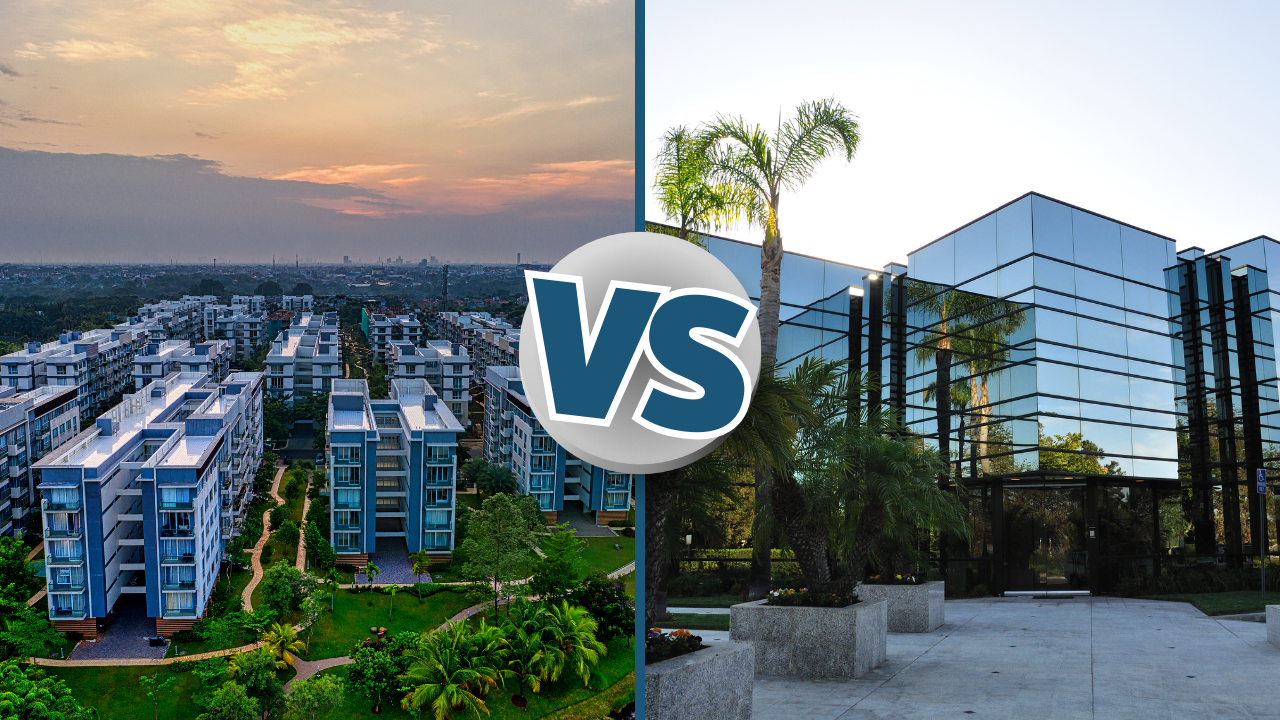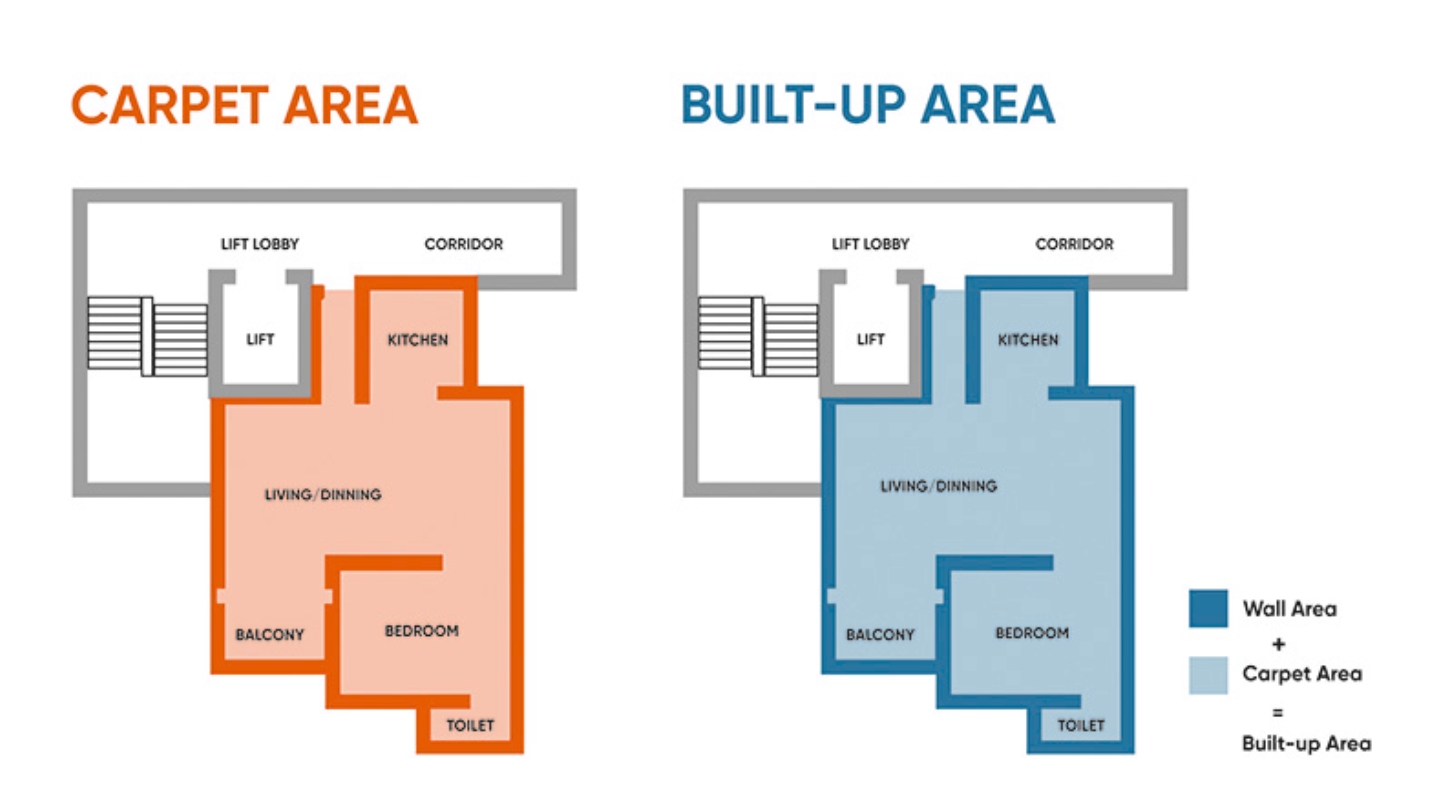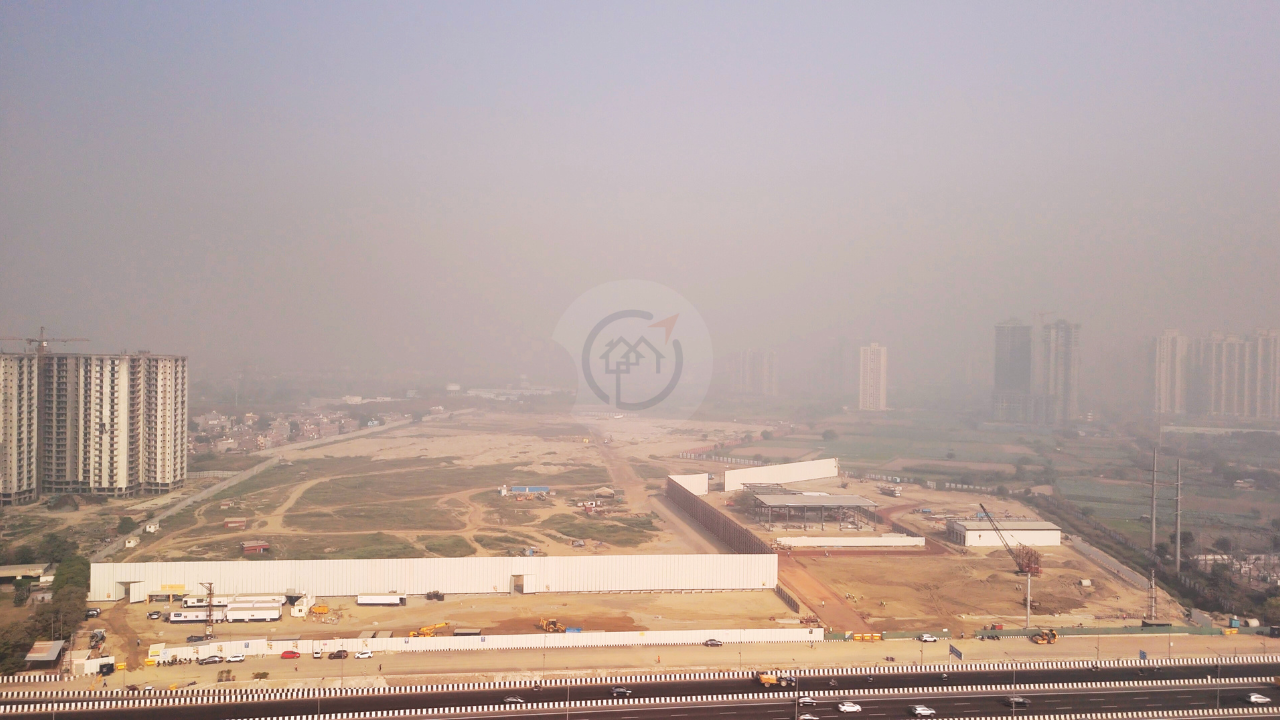Residential vs. Commercial Real Estate: Making the Right Investment Choice
India's economy has now jumped over the UK to become the world's 5th largest economy. And it is more likely to overtake Germany and Japan in this decade to become the third-largest economy. The upward curve is reflecting the growth of real estate as the sector contributes about 7.3% to the country's GDP and is expected to touch 15% in the next seven years. Rapid urbanization and enormous rural-to-urban migration drive real estate further across Tier 1 and Tier 2 cities.
Investing in residential or commercial real estate is a decision that an investor has to make. Here is your guide to navigating the factors you must consider when making an informed investment choice:

1. Property Types: Residential v. Commercial
Residential Properties:
This category includes homes, villas, apartments, and building floors, meant for residential purposes.
Commercial Properties
Commercial real estate comprises offices, retail, industrial buildings, and hospitality sectors built to yield an income from business.
Each type has a specific purpose: the returns in a residential property tend to be stable and long-term, while in commercial properties, the return is a much higher risk.
2. Rental Yields: How Much Do You Earn?
Residential Properties: The rental yields for residential properties are relatively poor and usually between 2-3%. However, they will provide fairly guaranteed, predictable income, especially in cities where populations are growing and demand for housing is increasing.
Commercial Properties: Commercial properties have significantly higher rental yields; that is, 6-9%, while prime properties earn much more. The disadvantage of this is that the initial investment is much bigger.
Commercial Properties Offer More Significant Returns but Higher Upfront Costs.

3. Potential for Appreciation: Location Is Everything
Residential Properties
The price of residential properties appreciates with demand and improvements in the area's infrastructure. Usually, areas with new metro lines or commercial hubs grow in price faster.
Commercial Real Estate:
Generally, commercial properties appreciate far longer than residential ones, particularly in business-driven areas wherein demand is strong usually for office and retail.
In both markets, location plays a role in future valuations, and commercial real estate appreciates significantly faster when located in high-demand areas.

4. Risk vs. Reward: Residential vs. Commercial
Residential Properties: These come with relatively lesser risks in nature. They offer stable cash flows but with the potential for frequent changes in tenants. Maintenance costs also often pile up.
Commercial Properties: While the risk factors are more, they still can offer much higher returns. Long-term leases ranging from 3 to 18 years provide stability to cash flows; leasing to well-established brands leads to huge value appreciation.
Commercial real estate is more risk-prone but promises better returns in the long run.

5. Tax Benefits: Residence vs. Commercial
Residential Properties: As a residence property investor, tax benefits are distinctly in one's favor. Sections 80C, 80EE, and 24 permit substantial tax deductions on both the principal and interest paid for home loans.
Commercial Properties: There again, tax benefits are relatively limited and most forms of deductions are available except interest payments in respect of loans.
Residential properties are more attractive for those seeking maximum tax benefits.
6. Liquidity: How Easy is It to Sell or Lease?
Residential Properties: Generally, there are more liquid residential properties, particularly in urban areas, where the demand remains constant. This makes the relatively lower-priced properties easier to sell or lease.
Commercial Properties: Commercial properties are less liquid for the most part because they have a higher price tag. However, commercial properties situated in prime business districts can be more liquid despite the higher price because they tend to sell faster or lease out even at a higher price.
Residential property in high-demand locations generally performs better for more liquidity.

7. Loan Terms: Home Loans Made a Little Easy
Residential Property Loans
The maximum home loans extended by banks are usually up to 80% of the property's market value at competitive interest rates.
Commercial Property Loans
Commercial property loans are generally capped at 50-60% of the property value, although charged with higher interest rates.
Residential property financing benefits residential properties with better loan-to-value ratios and lower interest rates.

Conclusion: Which Investment is Best for You?
As a booming economy, both residential and commercial real estate have incredible potential. Each, though, offers different benefits. The residential property is good for first-time investors or people looking for a stable investment with low risk. They offer steady income, favorable tax benefits, and good liquidity.
Commercial Properties is for experienced investors who can afford higher risks for higher returns. They offer good rental income and long-term tenancies but are capital-intensive and less liquid.
As India's economy grows, so would be the case for real estate. Residential property and commercial property differences and your risk appetite help you make the right investment choice for your portfolio.










